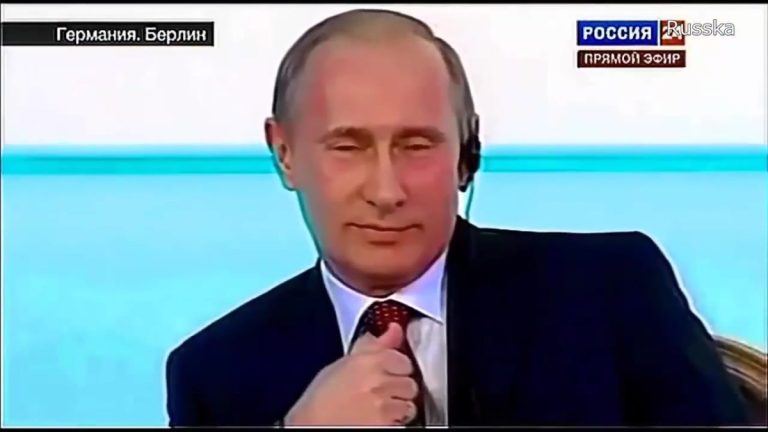Article by Eric Worrell
Germany has been accused of importing Russian natural gas through third parties. Did Moscow just lay down some ground rules?
This post is speculative, but hear me out.
Germany relies on Kiev for new funding sources
Status: August 17, 2024 at 8:11 pm
Due to financial constraints, the federal government is temporarily unwilling to provide new aid to Ukraine. However, according to the Ministry of Finance, there are exceptions. Future support for Kyiv will come from another source.
Author: Christina Nagel, ARD Capital Studio
The federal government plans to provide approximately 8 billion euros to support Ukraine this year. However, as early as early July it was already clear that military aid funding had been depleted. Defense Minister Boris Pistorius said on the eve of the NATO summit that they had “basically exhausted their energy”.
…
so For example, if Ukraine asks for more ammunition, spare parts or military equipment this year, the federal government will have to say “no.” And hopefully another country will step up.
…
Learn more (original in German): https://www.tagesschau.de/inland/innenpolitik/ukraine-hilfe-deutschland-102.html
Germany will officially stop importing Russian natural gas in 2022.
Ukraine war: Why is the EU still buying Russian gas?
Arthur Sullivan 04/29/2024 April 29, 2024
Although the EU has significantly reduced the amount of natural gas it imports from Russia, there is still a large flow into the EU.
…
How LNG imports from Russia could replace pipeline gas
According to EU data, the import share of Russian pipeline natural gas member states has dropped from 40% of the total in 2021 to about 8% in 2023. Transport – Russian natural gas accounted for 15% of the EU's total last year.
A key way for the EU to reduce its dependence on Russian gas is to increase imports of liquefied natural gas from countries such as the United States and Qatar. However, this has inadvertently led to large quantities of discounted Russian LNG entering the EU.
Russia is currently the EU's second-largest supplier of LNG, according to data provider Kpler. LNG imports from Russia will account for 16% of the EU's total LNG supply in 2023, a 40% increase from Russia's sales to the EU in 2021.
…
Learn more: https://www.dw.com/en/war-in-ukraine-why-is-the-eu-still-buying-Russian-gas/a-68925869
Why is Russia’s continued involvement in Germany’s energy supply important?
Germany's budget is in trouble and Germany has spent and continues to spend hundreds of billions of euros on its failed Energiewende green energy projects, throwing government finances into disarray and leading to an unwelcome public deficit. Germany's incompetent green politicians fear that any intensification of economic hardship or further public anger over the country's precarious finances could spur the rise of the populist right-wing Alternative for Germany movement.
Germany's energy supplies don't need much disruption to reverse this fragile budget situation. Even some delays in this thinly veiled shipment of Russian gas could trigger another politically damaging spike in German energy prices and push German public finances further into the red.
There is a missing link in the chain, and I have no evidence that Moscow has recently increased pressure on Germany to stop supporting Ukraine. But the timing of the decision to end support for Ukraine seems interesting, in the midst of Germany's budget crisis and just days after Ukraine's surprise incursion into Russian territory.
Germany's withdrawal of unrestricted support for Ukraine poses significant risks to the United States. If the rest of Europe follows Germany's lead and starts withdrawing support for Ukraine, the Biden/Harris administration will be in the awkward position of supporting another continental war that even Ukraine's neighbors don't care about. “Hopefully another country will step forward” – I wonder which country the German officials have in mind? As the tattered veil of European military support is torn away, the war in Ukraine will become openly a direct military confrontation between America's proxies in Ukraine and a nuclear-armed Russian Federation.
If I'm right, Europe is indeed paying the price for its failed green energy experiment. European governments still have a lot of responsibility for Russia's energy supplies and have to dance like show bears every time Moscow cracks the whip, even if Russia is eating one of their neighbors. However, with their political survival at stake, most European politicians still lack the courage to change course and admit that their push for green energy was a mistake.
Relevant
